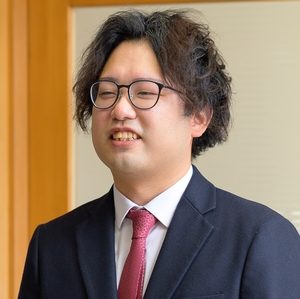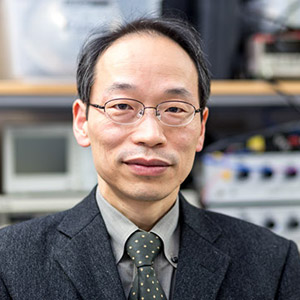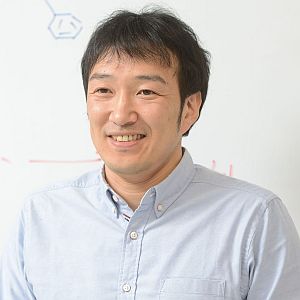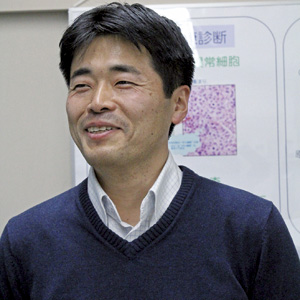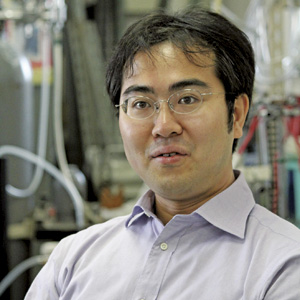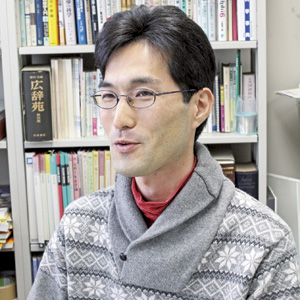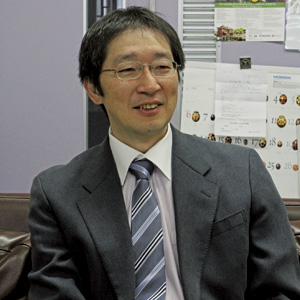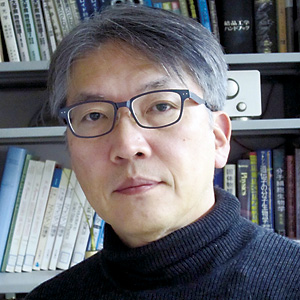Graduate Course in Materials Science and Engineering
Students learn more advanced specialized knowledge on materials science including cutting-edge superconductive materials, electronic materials, semi-conductive materials, organic materials, recycled materials, and hydrogen-based materials. This course also offers opportunities to learn wider ranging problems in related fields including energy, resources, or environmental problems as well as how we address these problems from a materials science perspective. There are also curriculum in which students build capacity for presenting their research results and enhance abilities for solving various problems beyond research work.
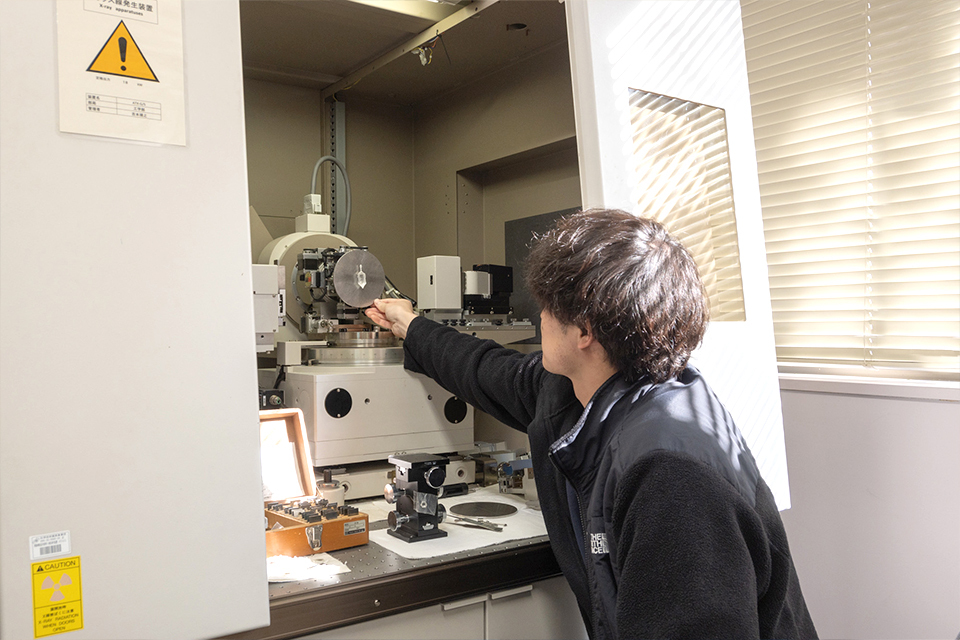
Interviews with Students
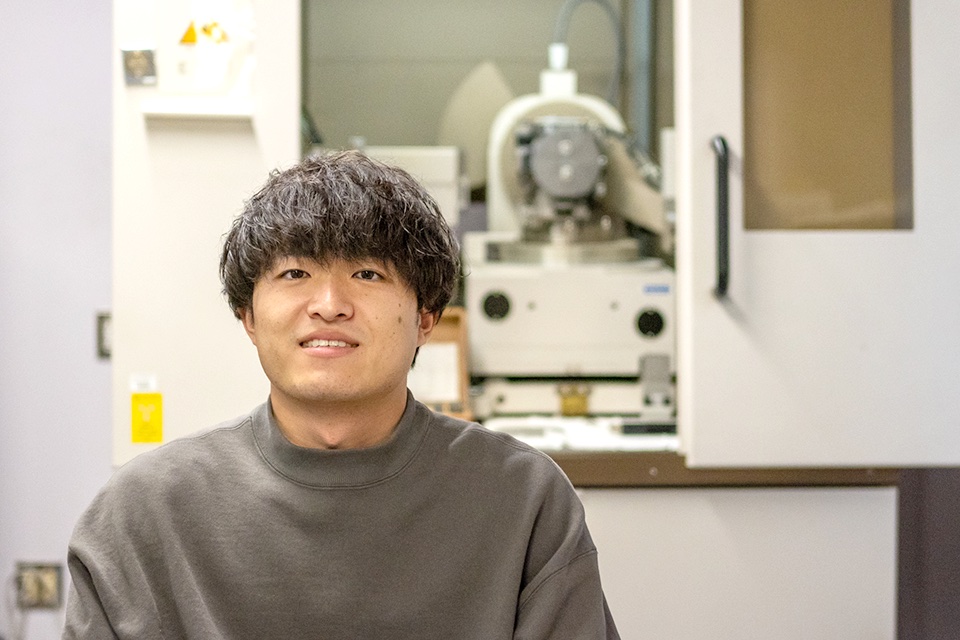
As a Process Engineer, I Want to Contribute to Semiconductor Technology Innovation.
SAITO Keiki
In the Materials Course, students are temporarily assigned to a laboratory in the winter of their third year of undergraduate school. Immediately after being assigned to the laboratory, I thought about finding a job, but as I participated in the laboratory seminars and listened to the research reports of my seniors, I began to think that I would like to be involved in research and development myself. I was not very good at presenting materials I had created by myself in front of others, but I was very anxious because I heard that there were many opportunities to make presentations on and off campus in graduate school. However, my seniors and academic advisors repeatedly and carefully guided me, and I had many opportunities to make presentations in small groups, such as at seminars, which helped me gradually gain confidence and overcome my fears.
In my undergraduate studies, I learned extensively about materials. I studied the properties and processing methods of various metallic materials, as well as semiconductor materials and their operating principles. I also had the opportunity to gain hands-on experience in manufacturing, such as fabricating organic thin films that would become transistors and making and casting molds. Currently, I am researching the growth of single crystals of organic materials. In order to improve the performance of organic materials used in organic transistors and organic ELs, organic single crystals in which the molecules in the solid are arranged with almost perfect periodicity are required. The solution method, in which single crystals are gradually crystallized from supersaturated solutions, is the mainstream method for producing single crystals, but it is difficult to select an appropriate solvent and time-consuming to grow. Therefore, we have focused on the Choklarsky method, which grows single crystals directly from a melt, and are developing single crystal growth equipment for organic materials and growing and evaluating organic single crystals. Although there are many things that can go wrong in my research, I am having a lot of fun because I am learning to handle the equipment and deepening my knowledge in the process.
In graduate school, there are classes, but the main focus is on research activities related to the theme I am in charge of, so I have more opportunities to think and act on my own. I will never forget the excitement I felt when I designed and built a device from scratch and succeeded in a single crystal growth experiment. If I had not chosen to pursue graduate studies, I would not have been able to have such an experience because I would have been able to do research for only one year.
I find the process of optimizing the conditions under which equipment is used interesting and rewarding, and in the future I would like to be involved in technological innovation in semiconductor manufacturing equipment by creating equipment that meets specifications through my research. With this in mind, I decided to go to a semiconductor production equipment manufacturer. After joining the company, I would like to support an affluent society by contributing to the technological evolution of semiconductors by working as a process engineer to study optimal conditions for next-generation materials and structures and to develop new processes.
※Interviewed in December 2022.



